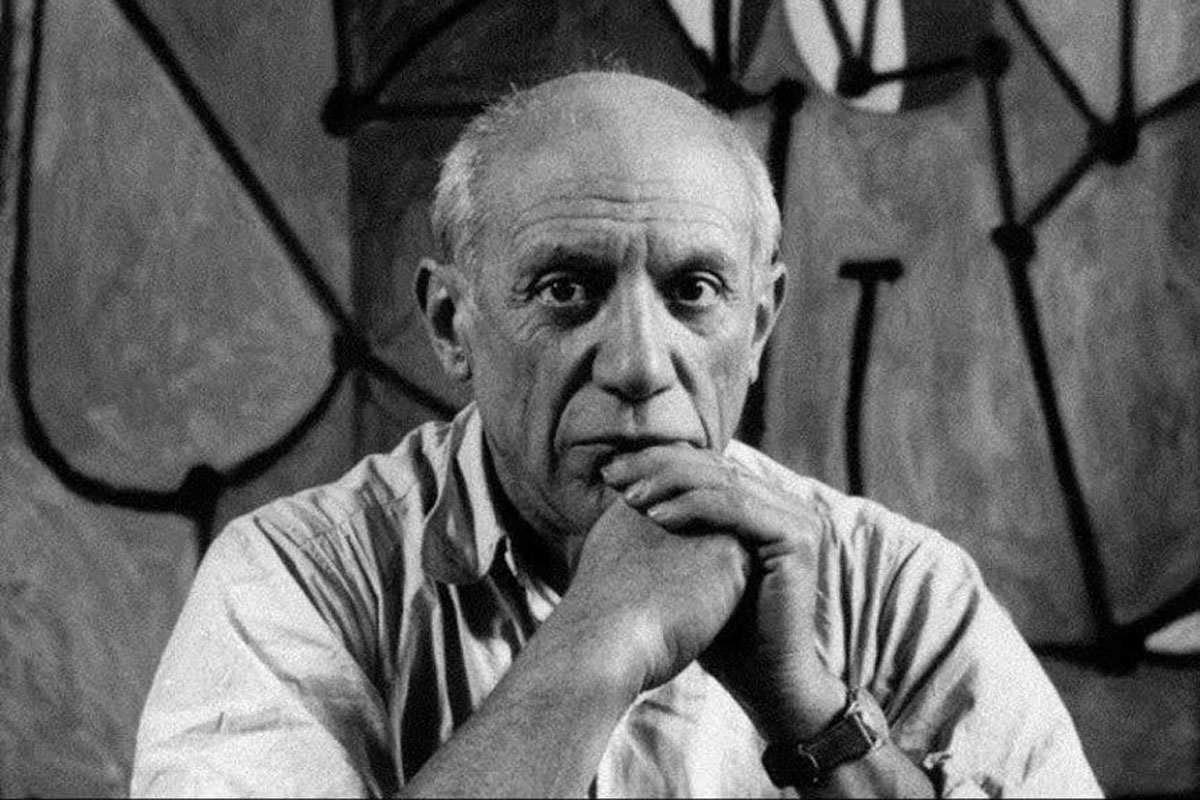This series of articles seeks to examine the character attributes of highly successful leaders, regardless of their adherence to a strong faith or moral standard. In presenting these thoughts, Leadership Ministries is not agreeing with or advocating these traits or practices, but rather presents these as ideas for discussion and development in your own leadership journey.
Scott Harrison (1975 - ) is the founder and CEO of charity:water, a non-profit whose mission is to bring clean water to the world. Scott started in business as a nightclub and party promoter for the likes of MTV, VH1 and Elle. In 2004 he quit his job and began volunteering as a photojournalist for the Christian charity Mercy Ships. Moved by the poverty he saw in Saharan Africa, in 2006 Harrison founded charity:water.[1] As of 2022 the organization has raised $740 million and funded 137,000 water projects for 16.8 million people in 29 countries.[2]
The mission of charity:water is monumental: bring clean water to every person living without it. Scott was recognized in Fortune Magazine’s 40 under 40 list, the Forbes Magazine Impact 30 list and was recently #10 in Fast Company’s 100 Most Creative People in Business issue. He is currently a World Economic Forum Young Global Leader.[3]
charity:water has clean water projects throughout Africa, Southeast Asia and South America. Photo: charity:water
Charity begins with empathy. Harrison wanted to bring lasting change to the world’s poor. Today one in ten people worldwide lack access to safe, clean water. Contaminated drinking water carries disease and is responsible for many deaths each year, especially among children. Harrison’s life-changing mission began with a personal realization. He spent 10 years as a nightclub promoter in New York. “At 28 years old, I had a crisis of conscience, and found myself to be spiritually, morally and emotionally bankrupt…[4] I realized I was the worst person I knew,” he says. “I was leaving the most meaningless legacy a person could leave.”[5]
So Harrison quit his job and sold his possessions. He turned his club promotion network into a means to share stories of those in need around the world. He comments, “I began to re-discover faith in a different way as an adult, and decided to explore the exact 180 degree opposite of my life, and spend a year serving others in Africa. I volunteered aboard a hospital ship with a humanitarian mission to Benin and then Liberia, West Africa, and saw extreme poverty for the first time. One year turned into two, and while I was there, I saw people drinking dirty water from ponds, rivers and swamps—simply born into communities without access. It shocked and angered me, and I began learning more about the world's 800 million people living without access to clean water.”
Reinvent the charity. In launching charity:water, Harrison noticed that few charities connected well with their donors. Most didn’t show donors what their donations accomplished. “From the beginning I was determined to do things differently,” he says. “People don’t trust charities.” charity:water practices “radical transparency”. Each well has GPS coordinates published, and water flow sensors to assure the clean water is still flowing after staff leave.
charity:water’s drilling rig, dubbed “Yellow Thunder”, can dig 80 wells each year, giving clean water to 40,000 people. Photo: charity:water
The non-profit publishes the location of their drilling rig, dubbed “Yellow Thunder” to social media, and crowd-funds to build and fix wells. Harrison desires to change the narrative of giving to charity, from being shamed or guilted into giving, to a positive mindset that giving makes a real difference. Harrison comments, “Go deep with whatever issue they really want to make an impact in ... Find that one thing that they can be passionate about for a long time and then go deep, and immerse themselves in understanding the problem and then the solutions.”
There is no substitute for integrity. A unique aspect of charity:water is that 100% of every public donation goes to funding clean water projects. The work accomplished is shared directly with the donors. Overhead expenses are covered by corporate and private donations so that individual givers can know every dime they give is going to the cause they are giving to. Harrison says, “Put integrity at the core of everything you do. I think so much more important than what you do is how you do it.” His approach garnered more than 400,000 individual donors in their first seven years. In 2023 they have more than 1 million supporters worldwide.
Integrity at charity:water goes beyond just how dollars are spent. Harrison wants every aspect of the organization to be upstanding when examined by others. He says, “Our organizational values are probably not dissimilar to many other companies (Integrity, Respect, Excellence, Innovation, Generosity and Passion), but we created ‘-isms’ that help bring them alive. For example, there’s an ‘-ism’ around never pirating software or using music without permission—another about telling the truth to a fault ‘no white lies’—and others around the importance of designing everything (even keynote presentations given to small groups internally), about embracing new technology, giving generously of our money to our cause and others (eating our own dogfood), and even one about working together to create a profanity-free environment that respects all.”
[1] https://en.wikipedia.org/wiki/Scott_Harrison_(charity_founder)
[2] https://en.wikipedia.org/wiki/Charity:_Water
[3] https://www.charitywater.org/about/scott-harrison-story
[4] https://www.forbes.com/sites/danschawbel/2013/07/22/scott-harrison-how-he-started-charity-water-and-what-he-learned-in-the-process/
[5] https://blog.wsb.com/scott-harrison-charity-water-storytelling-building-epic-brands
Cover photo: charity:water



































Orville and Wilbur Wright were two American aviation inventors who are credited with the world first successful airplane. They made their first controlled flight in December 1903 in Kitty Hawk, North Carolina.